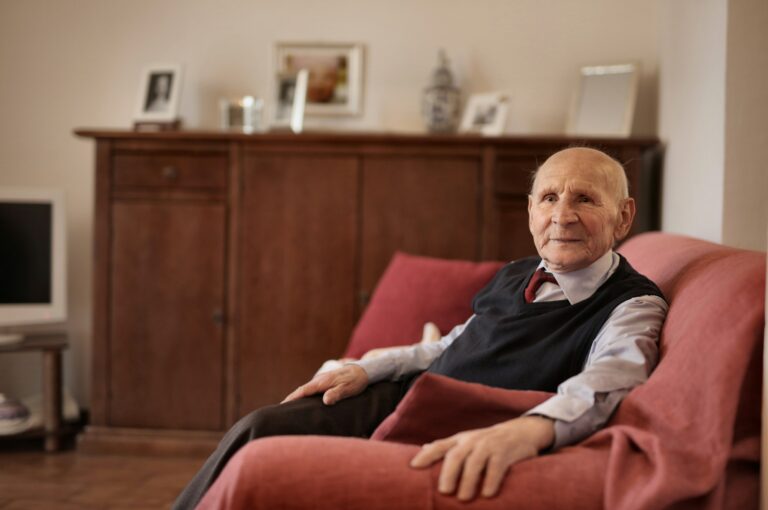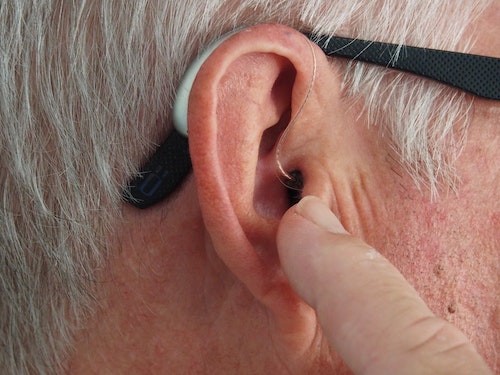
Does Government Have Financial Assistance for Alzheimer’s?
Social Security Disability Insurance (SSDI) provides financial support to those who’ve worked and paid into the Social Security system and are now unable to work due to a disability, including dementia. To be eligible for SSDI, a person must have enough work history and their condition must meet the SSA’s definition of a disability.
Help! Dementia recent article entitled, “Financial Costs and Planning for Dementia and Alzheimer’s,” explains that Supplemental Security Income (SSI) provides financial support to those who have a limited income and assets and are aged, blind, or disabled. People with dementia may be eligible for SSI, if they satisfy the income and asset limits set by the Social Security Administration.
The Area Agency on Aging has information and resources on financial assistance for those suffering from dementia. However, financial assistance can vary depending on the location and the services offered by the agency. Some services that the aging agency may provide include:
- Information on government benefits, such as Medicaid, may be available to individuals with dementia and their families to help cover the costs of care.
- Assistance with long-term care planning, like resources on long-term care options, including assisted living facilities and in-home care. They can help individuals with dementia and their families plan for their future care needs.
- Information on financial assistance programs, such as grants and loans, may be available to individuals with dementia and their families to help cover the costs of care.
- Life resource planners and elder law lawyers can be helpful to those with dementia and their families who need assistance with financial and legal planning.
Life resource planners are professionals who specialize in helping individuals and families plan for their future, including financial and legal planning. They can provide guidance on government benefits, caregiving and long-term care planning.
Elder law lawyers specialize in legal issues affecting older adults, including government benefits and long-term care planning.
Reference: Help! Dementia (Feb. 12, 2023) “Financial Costs and Planning for Dementia and Alzheimer’s”









